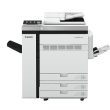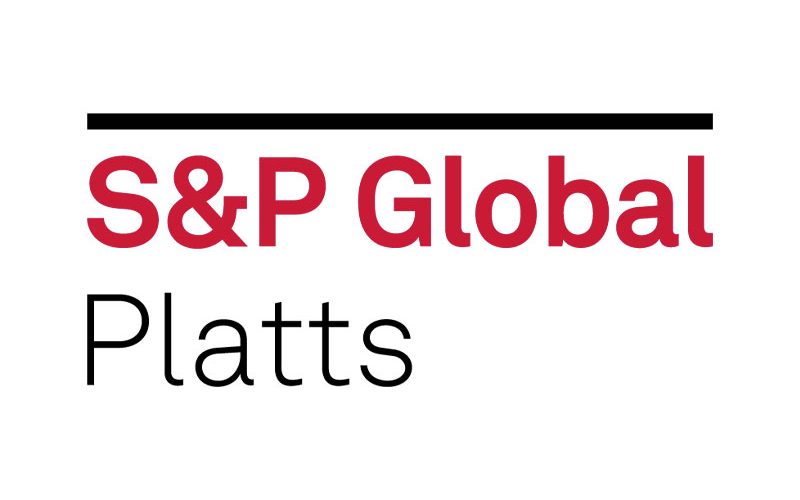Platts, a division of S&P Global Commodity Insights, has announced the launch of a daily market assessment for Australian Safeguard Mechanism Credits (SMCs), set to take effect from 5 May 2025. The new benchmark aims to enhance price transparency and market confidence in Australia’s evolving carbon trading landscape.
SMCs are a unique form of emissions reduction credit under Australia’s Safeguard Mechanism, which mandates large industrial facilities to keep their greenhouse gas emissions within defined baselines. Facilities that reduce their emissions below their assigned baseline can earn SMCs, which may then be sold to other facilities or surrendered to demonstrate compliance.
Unlike carbon offsets, SMCs are a form of internal trading instrument designed to facilitate cost-effective emissions reductions across sectors. Each SMC represents one metric tonne of carbon dioxide equivalent (mtCO₂e) avoided or reduced below a facility’s baseline. The system allows lower-cost emitters to sell their excess reductions to those facing higher abatement costs, improving overall efficiency in emissions management.
Platts’ assessment will cover spot market transactions and reflect SMC issuances from Australia’s Clean Energy Regulator. The daily benchmark will report in Australian dollars per mtCO₂e, covering transaction volumes from 5,000 to 100,000 mtCO₂e. Assessments will be timestamped at 16:30 local time in Melbourne, Sydney, and Canberra, and published according to the APAC Carbon Calendar. In addition to daily pricing, a monthly average will be released.
This move marks a significant development in Australia’s carbon markets, as the country ramps up its emissions reduction framework to meet its net-zero goals. By providing a transparent, independent price assessment, Platts aims to support market participants in trading, compliance, and investment decision-making.





















